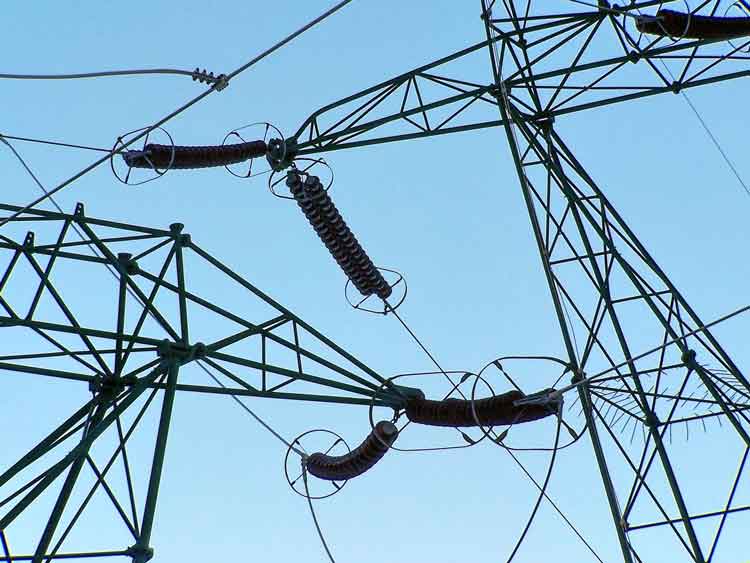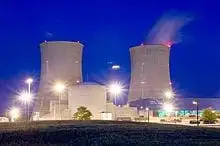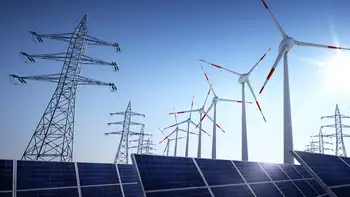EU energy chief sees deal in days
PRAGUE, CZECH REPUBLIC - The European Union will likely reach a deal on the shape of stress tests for the bloc's 143 nuclear reactors in the next few days, European Union Energy Commissioner Guenther Oettinger said.
The European Nuclear Safety Regulators Group, ENSREG, and the EU's executive Commission came close to a deal on the structure of the tests, but talks fell apart when the Commission introduced last-minute changes.
Oettinger told reporters most criteria for the stress tests have been reached and only a few other questions remained for the working group seeking to craft a plan. He did not identify the remaining sticking points.
"Most of them are cleared," Oettinger told reporters after a conference in Prague. "We have two or three last questions for joint agreement."
"It is my intention, goal and interest to come to a joint agreement in the next days."
Czech Prime Minister Petr Necas, whose country runs six nuclear reactors and where officials have opposed wide-ranging tests, said member states could then approve the deal by mid-year.
But he made clear the Czechs would also remain in control of their own energy policy and that nuclear power would continue to play a key role.
"All criteria for the stress test should be negotiated by the first half of this year," Necas said.
"The tests will be then evaluated by the European Commission and European Council, which will approve their final version in June."
Necas, along with his Slovak counterpart Iveta Radicova, EU Energy Commissioner Oettinger, French Energy Minister Eric Besson and others, was in Prague for a meeting on nuclear power.
The European Union has agreed to test its nuclear reactors for their resistance to extreme events after an earthquake and tsunami badly damaged the Fukushima nuclear power plant in Japan.
The commission had the mandate to develop the tests but not to force a member state to do the tests or shut down a nuclear power plant. EU officials, however, have said any plant that fails will be difficult to defend in the face of mounting public concern.
The dispute has grown between those, such as EU energy commissioner Oettinger, who want the tests to be as wide-ranging as possible, and others such as the Czechs or the French, who have opposed the inclusion of terrorist scenarios, specifically the crash of a large airplane into a nuclear plant.
Czech Industry Minister Martin Kocourek said security was a priority for the Czechs but that under the Lisbon Treaty it would not be possible for the European Commission to set requirements in sovereign matters.
"We cannot accept proposals for further expansion of the stress test in the areas which fall under the sovereignty of member states and which are dealt with on the national level," he said in a statement.
Related News

TagEnergy Launches France’s Largest Battery Storage Platform
PARIS - In a significant leap toward enhancing France’s renewable energy infrastructure, TagEnergy has officially launched the country's largest battery storage platform. This cutting-edge project is set to revolutionize the way France manages its electricity grid by providing much-needed flexibility, stability, and resilience, particularly as the country ramps up its use of renewable energy sources.
The new battery storage platform, with a total capacity of several hundred megawatts, will play a crucial role in facilitating the country's transition to a greener, more sustainable energy future. It marks a significant step forward in addressing one of the most pressing challenges of…




